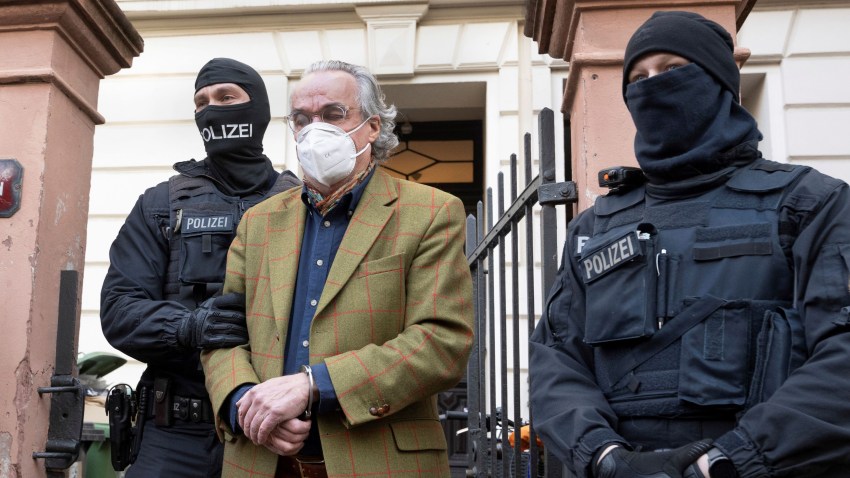At a time when Germany is almost universally viewed as a safe haven for liberal democracy, claims that it risks a return to the political chaos that engulfed it in the 20th century can seem vastly overstated. It is widely acknowledged that the electoral appeal of the far-right Alternative for Germany, or AfD, to about 10 percent of German voters is a matter of great concern. Yet most observers point to the fact that the overwhelming majority of Germans continue to support parties that respect democratic norms as proof that Germany’s constitutional order is not under existential threat.
This image of political stability, though not unjustified, caused many observers to downplay the revelation in early December that German police had uncovered an organized plot by a network of far-right conspirators to mount a coup. As news emerged that 3,000 police officers had been deployed to arrest several dozen members of this network, many took the eclectic background of its leading figures—including a member of the old aristocracy, Prince Heinrich XIII of Reuss, as well as an opera singer and a former AfD Bundestag member who is now a serving judge—to mean that they were merely harmless cranks. Their lack of care when it came to preparing to overthrow the German government was further taken as evidence that this plot never represented a threat to the state.
Yet even as jokes over a plan to topple Chancellor Olaf Scholz and replace him with an obscure aristocrat spread across social media, strong evidence that German investigators had good reason to dismantle this network came to the surface. The involvement of former senior military officers who had served in an elite parachute regiment and special forces units was a disturbing sign of the contempt for democratic institutions that can be found within the military. Both units have already been the subject of previous investigations concerning far-right extremism in their ranks and the disappearance of weapons from their armories.

